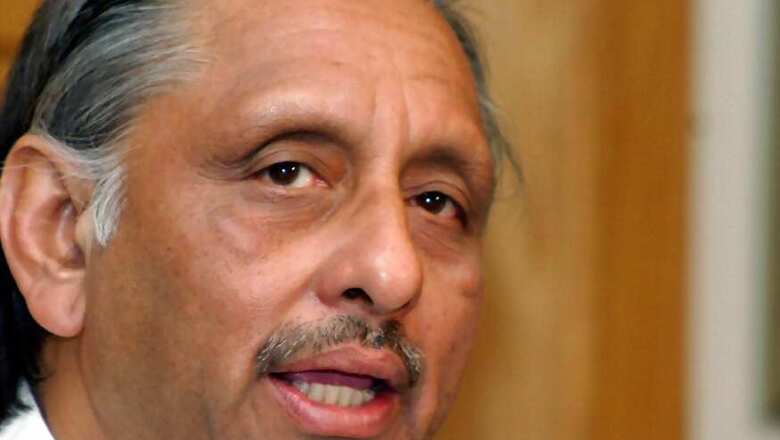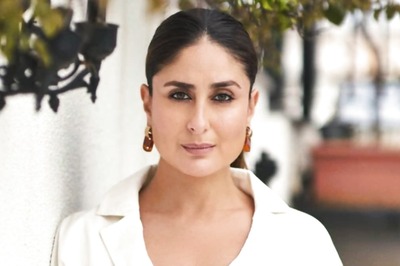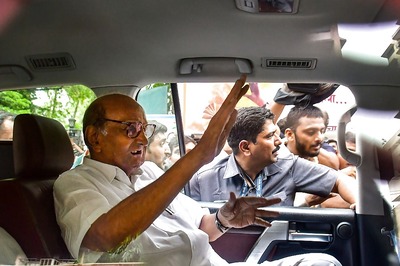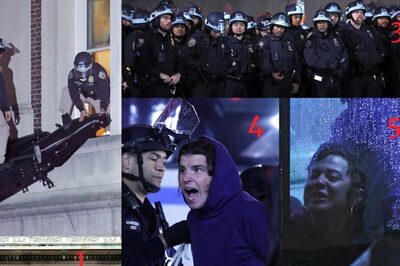
views
New Delhi: The 73rd Constitution Amendment Bill was passed by the Parliament of India in 1992. It is one statute which comes closest to Mahatma Gandhi’s idea of Gram Swaraj or devolution of power to the villages.
It’s been 25 years since the act was notified by the government on 24th April, 1993, ETV Consulting Editor Vasindra Mishra spoke to the man who piloted the bill - Mani Shankar Aiyar.
Here are the edited excerpts from the interview:
Q) Whose brainchild was the Panchayati Raj bill?
A) It was not my brainchild but of former PM Rajiv Gandhi. Yes, I was one of those people who helped Mr Rajiv Gandhi to realise this goal. Unfortunately, Mr Gandhi was brutally killed and then it was my responsibility to get the job done. In 1992, we successfully passed the bill of Panchayati Raj System in the parliament.
Q) Do you think that the power of local bodies despite the 73rd Constitutional Amendment is limited today?
A) Rather than urban structure of municipal corporations, more development has been seen in village panchayats. Today, we have 32 lakhs elected local representatives in our country and it’s some sort of a world record. And more importantly, we have around 14 lakhs of female representatives in panchayat system.
Q) Do you think that states are not showing much willingness for decentralisation of power?
A) Things are appreciable in some states like Karnataka, Tamil Nadu, Sikkim, Kerala, Tripura, Maharashtra, etc. Some states lagged behind, which were mostly ruled by BJP. But every state has its own course of history. For example, in Bihar Nitish Kumar took a great initiative and reserved 50 percent seats for women.
It could also have been also done in BJP ruled states, especially in Madhya Pradesh and Gujarat. Once I asked Rajiv Gandhi that how much time will it take to implement the Panchayat Raj system in India? He said one generation at least…So if I see that projection of time, I believe we don’t need to be pessimistic. In a form of local body a new political power has been evolved. Now, political parties have to give an ear to the voices of panchayat.
Q) What changes do you think have come about in the system?
A) Earlier MLA or MP candidates used to be picked up without any consent of local bodies but now MLA candidature can’t be decided without taking the local bodies along.
I think during the initial years of Manmohan Singh regime the growth of Panchayat system was slow due to Montek Singh Ahluwalia.
He was a little disconnected to the idea and understanding of the Panchayati Raj system. Once he referred to me as a person having a rather romantic view of villages. I had a different view.
Q) What are your worries regarding the Panchayati Raj?
A) As far as development of Panchayati Raj is concerned, today the situation is different. The BJP ruled states like Rajasthan and Haryana have notified new rules and as a result 85 percent women have been thrown out of the election race. In Rajasthan and Haryana, the female participation in local elections has been discouraged. Even media never showed interest in the development stories of Panchayat. But I thank and congratulate that you and your esteemed media house gave a separate time to discuss this important issue.




















Comments
0 comment